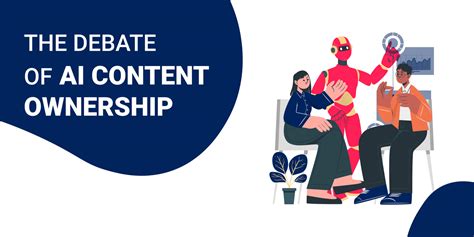The recent clash between StackOverflow users and OpenAI has highlighted the intricate web of issues surrounding content ownership in the digital age. The uproar was triggered by StackOverflow’s decision to suspend accounts that altered their answers to protest against OpenAI’s partnership, raising questions about data privacy, data ownership, and intellectual property rights.
Users expressed concerns about the General Data Protection Regulation (GDPR) and its relevance to the situation. While some argued that GDPR allows individuals to request the removal of their personal information but not the content they have produced under the platform’s terms, others debated the extent to which GDPR applies to non-personal data generated by users.
Furthermore, the debate expanded to encompass the moral rights of creators and the commercial utilization of user-generated content. Comments reflected differing perspectives on whether users retain the moral rights to their content and if platforms like StackOverflow have the right to profit from it. The discussions also touched upon the implications of licensing agreements, such as Creative Commons, and the obligations they impose on both users and platforms.
Amidst the legal and ethical debates, the overarching theme revolved around the evolving nature of online platforms, the exploitation of user-generated content for commercial gains, and the ethical responsibilities of both users and platforms. The OpenAI-StackOverflow controversy serves as a microcosm of broader discussions on data privacy, intellectual property rights, and the ethical implications of AI advancements.
The intersection of technology, ethics, and legality in the digital realm is a complex landscape that requires careful navigation. As the digital ecosystem continues to evolve, it becomes imperative to address the ethical considerations of content ownership, data usage, and AI applications. The OpenAI-StackOverflow controversy serves as a catalyst for introspection and dialogue on the rights and responsibilities inherent in the digital age.


Leave a Reply